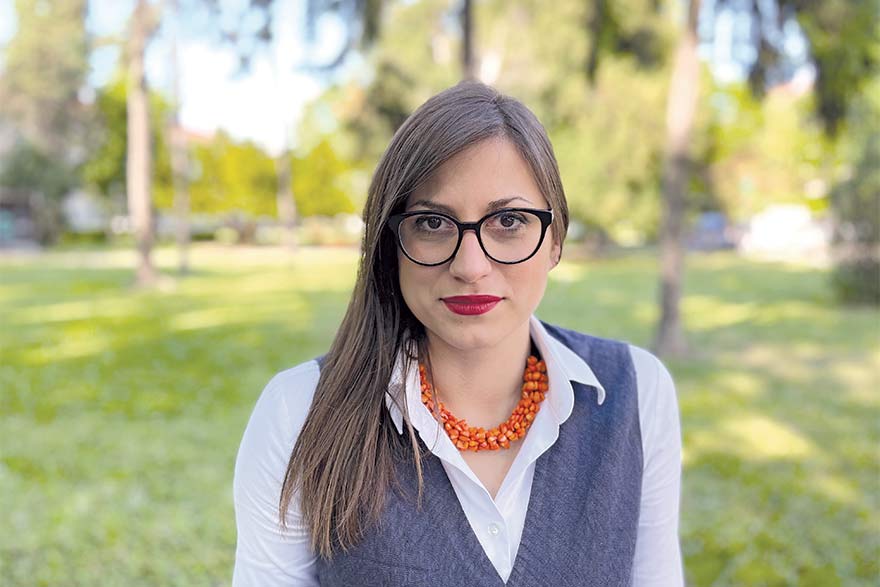History is composed of people, their actions, perceptions, words, feelings… In endeavouring to penetrate the motives that drive human action, the historian seeks answers linked to origins, upbringing, schooling, formative influences, life experiences, personal breakthroughs and numerous other factors that could have influenced the life path of the historical figure being observed.
The historian poses questions about the social milieu from which a certain person emerged, about political and social movements of the time in which they lived, about local, regional or global crises that may have influenced them, about the generational experience of the generation to which they belonged, about ethical norms and social traditions that could have subconsciously influenced the formation of their attitudes and worldviews.
Following the absolutist positivism of the 19th century, the 20th century introduced, in a big way, historians as subjective mediators between historical reality and the present, and historiography as a science composed of “fallible evidence as interpreted by fallible people”.
The step of the self-reflection of the author was included in the methodology of historical research, with the aim of reducing the inevitably subjective nature of every historical interpretation. With an awareness of this, every historian should ask himself the same questions that he poses to the “heroes” of his research, in order to raise awareness, and then reduce the impact, of experiential, moral and perceptual layers that can overburden and contaminate the historian’s view of the past.
the calling of the historian, to which I’m dedicated, is both creative and responsible, providing opportunities to acquire fundamental knowledge about the past that forms a reliable substrate to understanding the present, but which simultaneously also provides the historian with methodological “equipment” to critically examine and perceive oneself and the world of one’s surroundings
As an historian of the younger generation, the opportunity to present myself on the pages of CorD magazine also provides a stimulus for self-reflection. The questions naturally impose themselves : to what extent was my view of the topic of German-Yugoslav relations, to which my doctoral dissertation is dedicated, influenced by the experience of growing up in Zemun, as a former city of Austria-Hungary that’s today a part of Belgrade, which has a physiognomy and “spirit” that is clearly outlined by Central European cultural influences; the extent to which my basic point of embarkation is determined by the generational experience of growing up in the Serbia of the 1990s; to what extent, and in which ways, my historical awareness and perception of Germany and Germans was influenced by my schooling, through textbooks on history and the German language, through lectures by teachers from primary school, via the Philological High School to the Faculty of Philosophy in Belgrade; in which direction I was influenced by the experience of residing in Berlin for several months of research and my interactions with colleagues from Germany; what kind of an incentive was I given by exchanges of opinions with colleagues from the institution where I am employed, the Institute for Recent History of Serbia.
However, the relationship between the subject of historical research, historians and the present is not one-sided. It isn’t only the historian that introduces part of themselves into the topic about which they are writing. This applies particularly to topics from the recent past, which I deal with. Researching German-Yugoslav and German-Serbian relations in the 20th century provides the possibility of gaining insight into continuities that still determine those mutual relations today. As such, the calling of the historian, to which I’m dedicated, is both creative and responsible, providing opportunities to acquire fundamental knowledge about the past that forms a reliable substrate to understanding the present, but which simultaneously also provides the historian with methodological “equipment” to critically examine and perceive oneself and the world of one’s surroundings.
